This piece is part of a series remembering the life, career, and legacy of Helmut (Hal) Sonnenfeldt — a member of the National Security Council, counselor at the Department of State, scholar at the Johns Hopkins School of Advanced International Studies (SAIS), and Brookings expert.
He was born in Germany of a Jewish family. He came to America, where he gained his education. He served in the U.S. Army. His mentor was Fritz Kraemer. He was an expert on the Soviet Union, Europe, and arms control. He was brilliant on substance and formidable in bureaucratic battles. He melded a European sense of tragedy with an American immigrant’s spirit of hope. In dealing with Moscow, he was realistic and creative and a prime shaper of “détente.” In the 1970s, at the National Security Council and the State Department, he was central in forging a more stable relationship with the Soviet Union, including multiple summits, arms control agreements, and a Berlin Accord.
I speak not of Henry Kissinger, but of Helmut Sonnenfeldt.
Their shared background made for a particularly intimate and complex relationship. Henry has written: “He is my friend. He is also one of the most able public servants I have known.”
It is natural that major diplomatic triumphs are stamped with the name of a president or cabinet member. But they are not possible without the unheralded senior advisers who provide the insights, the tactical guidance, and the execution of directives. Henry has been the first to cite Hal’s indispensable role: His “superb analyses” have been confirmed by the passage of time to be to be “penetrating, shrewd, and wise.”
Their pairing was multilayered. Henry’s historical affinities and deep respect for Hal were laced with affectionate exasperation. As a fellow member of Henry’s team, I witnessed this Kabuki dance up close. This included Hal’s elaborate circling of Henry, whether it was his checking of schedules to ensure his participation, his inserting himself in photo ops, or his reading upside-down briefing papers on Henry’s desk. As one aide put it to Henry, Hal had the best intelligence system in town, and it was aimed at Kissinger.
Henry gladly put up with all this in exchange for Hal’s profound grasp of Russian history, impulses, and methods — not to mention the ego of Party Chairman Leonid Brezhnev. When he asked the American side its estimates of the cost of his boar-hunting lodge, Hal more than tripled Henry’s figure and thus earned Brezhnev’s approbation.
Brezhnev manifested his respect for Hal in amusing ways. For example, he aimed a toy artillery piece, a gift from Anwar Sadat, at him in one meeting. But even he underestimated Hal’s negotiating prowess.
It is time to dispel the myth (Russian fake news?) that Brezhnev outfoxed Hal in a 1973 watch exchange. The facts are just the opposite. When the Soviet leader offered his cheap steel watch for the American’s gold one ( actually bought at an Army PX for $42), Hal pretended sentimental value and induced his counterpart to sweeten the deal with his pocket watch and a watch chain.
In a triumphant display of American diplomacy, Hal came home about 350 dollars ahead. His trophies have since adorned the neck of his spouse and a shelf in his living room.
Brezhnev was mistaken when he once suggested that Hal and Henry never disagreed. In truth, the two often collided over judgements and tactics, a tribute both to Hal’s integrity and Henry’s disdain for yes-men.
Let me conclude on a personal note. I was privileged to take part in just about all of Henry’s major adventures. While in some I played a key role, in our dealings with the Soviet Union, I was a spear-carrier in the cast that featured Hal and his terrific sidekick, Bill Hyland. Throughout, I was deeply impressed by both Hal’s professional and personal qualities.
Above I have sketched the former. But I particularly treasure the memories of the latter. For me, Hal was supremely self-assured, but not arrogant. He was ambitious, but without sharp elbows. His intensity was sprinkled with wry humor. His guiding star was patriotism, the special kind shared by immigrants. And he was always sustained by Marjorie, his strong and devoted wife for six decades.
At a time when America cries out for exceptional public servants, we need more Helmut Sonnenfeldts.

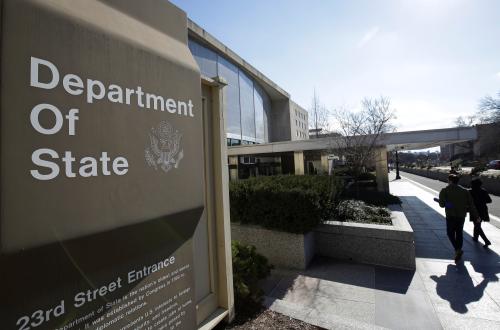
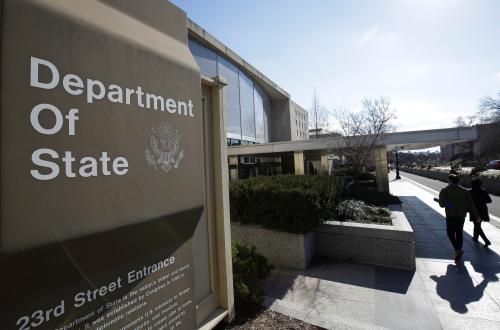
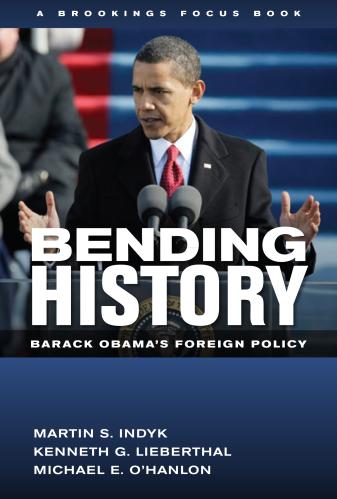
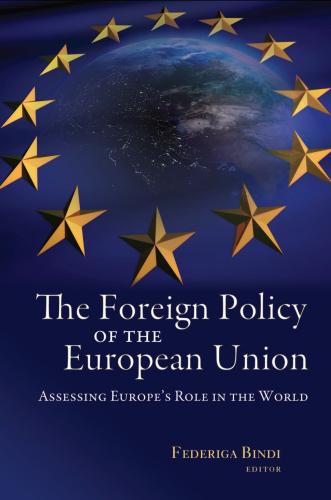
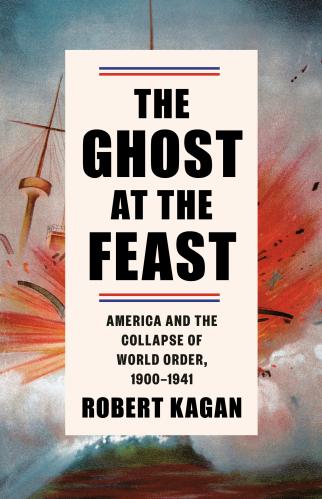
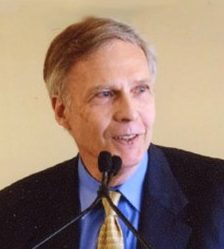



Commentary
Hal Sonnenfeldt and Henry Kissinger—A natural pair
October 18, 2019